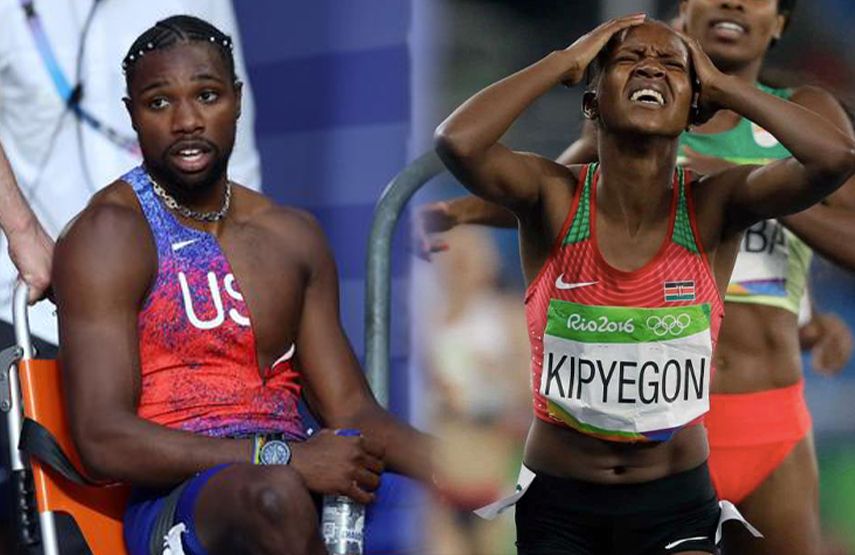The 2025 World Athletics Championships in Tokyo are shaping up to be the hottest edition in the history of the event, with temperatures forecast to soar as high as 35°C in the opening days. Organizers and athletes alike are bracing for a demanding week of competition under Japan’s most extreme summer since records began in 1988.
The championships, scheduled from September 13–21, will take place in sweltering conditions that are expected to place athletes under severe physical stress. This year’s summer has averaged 2.36°C above normal, and meteorologists warn that the heat will be relentless, with only the closing days dipping slightly below 30°C.
Event officials have made limited adjustments, such as scheduling the men’s and women’s 35km race walk to start at 8:00 a.m. in an effort to avoid the peak heat. However, all major events will remain in Tokyo, unlike during the 2021 Olympic Games when marathons and race walks were moved north to Sapporo.
Athletes in long-distance events, particularly world-class stars such as Noah Lyles, Faith Kipyegon, and Jakob Ingebrigtsen, will have to draw on past experience in managing extreme conditions. Endurance runners face the steepest test, with the combination of heat and humidity threatening hydration, pacing, and recovery.
History offers some guidance. During the 2019 World Championships in Doha, athletes struggled in 30–32°C night races, with medical staff treating multiple collapses. More recently, the Tokyo Olympics highlighted the crucial role of cooling strategies, as competitors relied on ice towels, vests, and shortened warm-up routines to conserve energy. These lessons are likely to shape preparations once again, with teams introducing heat acclimatization camps, strict hydration protocols, and modified recovery methods.
The concern is not limited to endurance specialists. Even sprinters and middle-distance runners will need to adjust routines, as higher body temperatures can impact explosive performance and recovery between rounds. Keely Hodgkinson, the Olympic 800m champion, has already expressed her unease about the conditions while training in Japan.
Beyond the immediate competition, the soaring heat has reignited debate about the role of global sport in addressing climate change. With athletes facing unprecedented challenges, the championships are a reminder of how the climate crisis is reshaping the landscape of elite performance.

